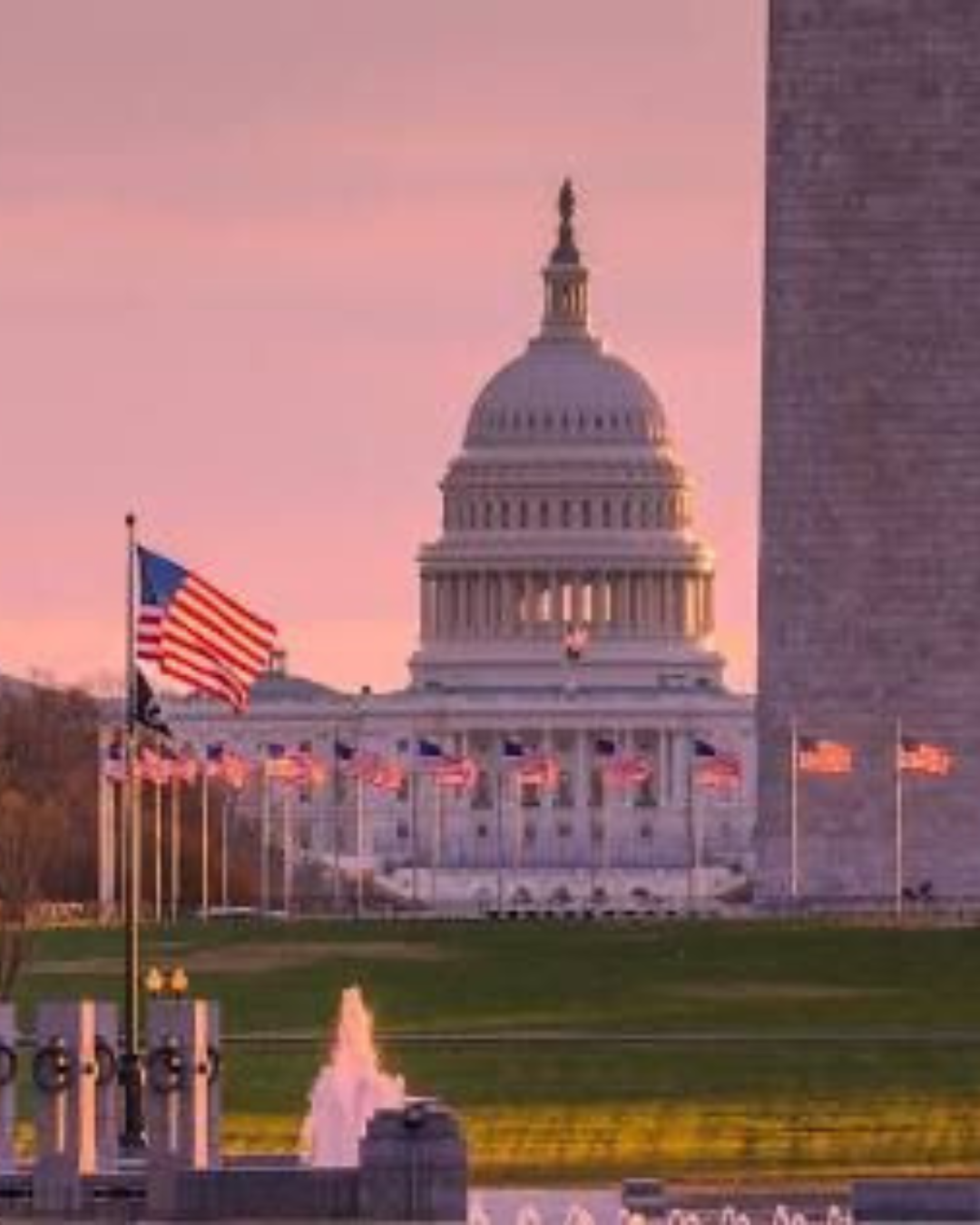The Israeli military launched an unprecedented airstrike on the Syrian Defense Ministry headquarters in central Damascus early Wednesday, escalating regional tensions and prompting urgent diplomatic calls from Washington to halt hostilities.
The strike, which followed a drone attack on the same site hours earlier, comes amid violent clashes in Sweida—a southern Syrian province predominantly inhabited by the Druze minority. Israeli Defense Minister Israel Katz described the assault as part of a series of “painful blows,” signaling Tel Aviv’s growing support for Druze armed groups fighting government forces.
U.S. Response and Regional Concerns
The Trump administration, which recently lifted broad sanctions against Syria, expressed alarm over Israel’s actions. Speaking Wednesday, Secretary of State Marco Rubio urged an immediate ceasefire, warning that the Sweida conflict threatens U.S. efforts to stabilize Syria under its new leadership. Treasury Secretary Scott Bessent noted that the easing of sanctions aimed to boost foreign investment and rebuild the war-torn nation.

(Photo: SAM HARIRIR/AFP/Getty Images)
Civilian accounts paint a grim picture from Sweida, where families remain trapped amid shelling and communications blackouts. Eyewitnesses described extrajudicial killings, burned homes, and sectarian retaliation. Activists reported that over 250 people had been killed by Wednesday, including children and women. The Syrian Interior Ministry’s earlier tally of 30 casualties appears drastically understated.
Local Druze residents, many of whom say they’re defending their communities against government retaliation, compare the violence to the 2018 ISIS attacks on the province. Videos circulating on social media show disturbing scenes of abuse and humiliation, further inflaming communal tensions.
Geopolitical Shifts After Assad’s Fall
The latest violence follows the ouster of former President Bashar al-Assad in December, ending nearly 14 years of civil war. Assad fled to Russia in exile, leaving a fragile Sunni-led government grappling with opposition from religious minorities wary of central authority.
Syria’s interim President Ahmad al-Sharaa condemned the escalating brutality, pledging legal consequences for “criminal and illegal actions,” including field executions and attacks on civilians.
Israel’s Stance on the Druze
Israel has openly declared support for Druze fighters in Syria, citing shared ethnic ties and its commitment to securing its northern border. “We have an obligation to safeguard the Druze locals,” said Prime Minister Benjamin Netanyahu. Meanwhile, IDF forces continue strikes across southern Syria, with General Ori Gordin confirming expanded operations in Sweida and Damascus.
As diplomatic pressure mounts and sectarian wounds deepen, the region braces for further instability—posing fresh challenges to reconstruction, reconciliation, and peace.











